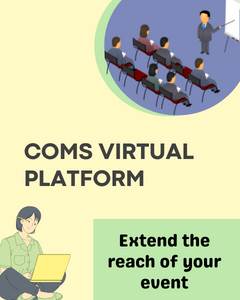Conferences > Informatics > Information Theory, Foundations of Computer Science
Select a location
ALL COUNTRIES (8)
1
Dagstuhl-Seminar — Proof Systems in Actual Practice: Reasoning and Computation
15 Mar 2026 - 20 Mar 2026 • Schloss Dagstuhl, Germany
Event listing ID:
1671251
Event website:
2
ICNLP 2026 — 2026 8th International Conference on Natural Language Processing
20 Mar 2026 - 22 Mar 2026 • Xi'an, China
Event listing ID:
1687169
Event website:
3
ABZ 2026 — 12th International Conference on Rigorous State Based Methods
18 May 2026 - 20 May 2026 • Tokyo, Japan
Abstract submission deadline:
09 Feb 2026
Event listing ID:
1677012
Event website:
4
FM 2026 — 27th International Symposium on Formal Methods
18 May 2026 - 22 May 2026 • Tokyo, Japan
Event listing ID:
1677079
Event website:
5
CE — Computers in Education
25 May 2026 - 29 May 2026 • Opatija, Croatia
Event listing ID:
1693241
Event website:
6
Additivity Problems in Quantum and Classical Information Theory
12 Jul 2026 - 17 Jul 2026 • Banff, Alberta, Canada
Event listing ID:
1668723
Event website:
7
WE Heraeus - Lorentz Workshop — Automated Reasoning for Quantum Mechanics
13 Jul 2026 - 17 Jul 2026 • Leiden, Netherlands
Event listing ID:
1687964
8
BCI — 12th Balkan Conference in Informatics (BCI'2026)
11 Oct 2026 - 14 Oct 2026 • Thessaloniki, Greece
Event listing ID:
1696256
Event website:
Conference-Service.com offers, as part of its business activities, a directory of upcoming scientific and technical meetings. The calendar is published for the convenience of conference participants and we strive to support conference organisers who need to publish their upcoming events. Although great care is being taken to ensure the correctness of all entries, we cannot accept any liability that may arise from the presence, absence or incorrectness of any particular information on this website. Always check with the meeting organiser before making arrangements to participate in an event!
Last updated: 6 February 2026




